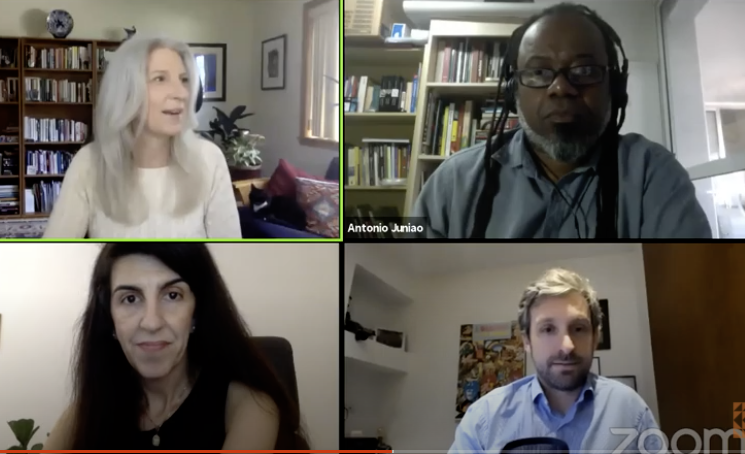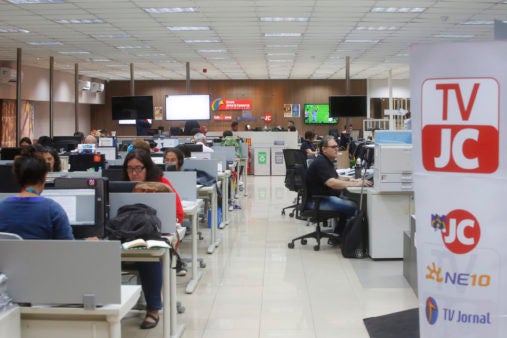
Pandemic has brought business opportunities and editorial collaborations to some small digital media from the region that have contributed to their development and increase in audience.

Brazilian digital media outlets like JOTA, NEX and Ponte grew during the COVID-19 pandemic and they are betting more and more on their subscriptions and membership programs to keep themselves afloat.

In Brazil, today, there are 26 century-old newspapers in circulation. To stay relevant, they strive to stay true to their history and connected with readers who’ve been with them for decades, emphasizing their belonging to the community.

The gloomy end of Jornal do Brasil is not necessarily the rule that is being followed by other Brazilian newspapers that, more recently, have also given up their daily print editions to prioritize digital platforms.

The report is written at a time when long-standing and startup news organizations alike are facing great challenges in terms of financial sustainability and survival.

The action button was launched in February 2019. Since then, it has generated more than a thousand responses or actions among its members.

The report “Membership in News & Beyond: What Media Can Learn from Other Member-Driven Movements” underlines a “core difference” between the membership and subscription models.

With the objective of training a diverse group of professionals and forming a network of collaborators throughout Brazil, journalist Alecsandra Zapparoli created the first edition of the Jornada Galápagos de Jornalismo.

In three years and three months of operation, Brazilian site Nexo Jornal has become a regional and global reference for digital journalism.

A country marked by high media concentration, Brazil has seen its journalism market diversify in the last decade with the arrival of international organizations.
With the purpose of "optimizing resources and managing inventory more efficiently," the newspaper El Nacional of Venezuela will stop circulating "temporarily" on Mondays and Saturdays starting on Aug. 20, the publication reported Aug. 19 in a short message entitled “Cinco días por la libertad” (Five days for freedom).

Founded in 1825, Brazil’s Diario de Pernambuco newspaper faces a financial crisis that has cut a third of its newsroom and keeps its employees on edge in the face of delays in the payment of salaries and suspense over the daily’s future.